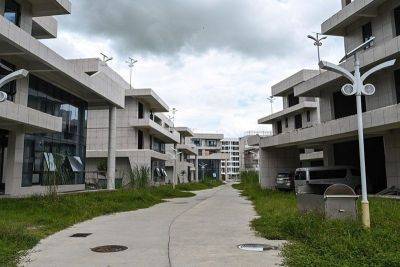Prescription cannot work against an heir deprived of his lawful share
Dear PAO,
My father married Tina five years after my mother's demise. Last year, I discovered that in 2006, my father and his son with Tina executed an extrajudicial settlement dividing the properties acquired during my father's marriage to my mother. I asked my father to give me my inheritance, warning him I would file a case to nullify the extrajudicial settlement. He claimed that I could no longer question the extrajudicial settlement since more than two years had already elapsed from the date of the document and the certificates of titles covering the properties were already transferred to them. Allegedly, my action is already barred by prescription. Is it true that I can no longer question the extra-judicial settlement since my right to file a case is already barred by prescription?
Siri
Dear Siri,
Your father might be thinking of or referring to Section 4, Rule 74, of the 1997 Revised Rules of Court, as amended, when he claimed that your right to file an action to annul the extrajudicial settlement that he and his son with Tina are already barred by prescription. The mentioned provision of the rules reads:
" If it shall appear at any time within two (2) years after the settlement and distribution of an estate in accordance with the provisions of either of the first two sections of this rule that an heir or other person has been unduly deprived of his lawful participation in the estate, such heir or such other person may compel the settlement of the estate in the courts in the manner hereinafter provided for the purpose of satisfying such lawful participation. And if within the same time of two (2) years, it shall appear that there are debts outstanding against the estate which have not been paid or that an heir or other person has been unduly deprived of his lawful participation payable in money, the court having jurisdiction of the estate may, by order for that purpose, after hearing, settle the amount of such debts or lawful participation and order how much and in what manner each distributee shall contribute in the payment thereof, and may issue execution, if circumstances require, against the bond provided in the preceding section or against the real







